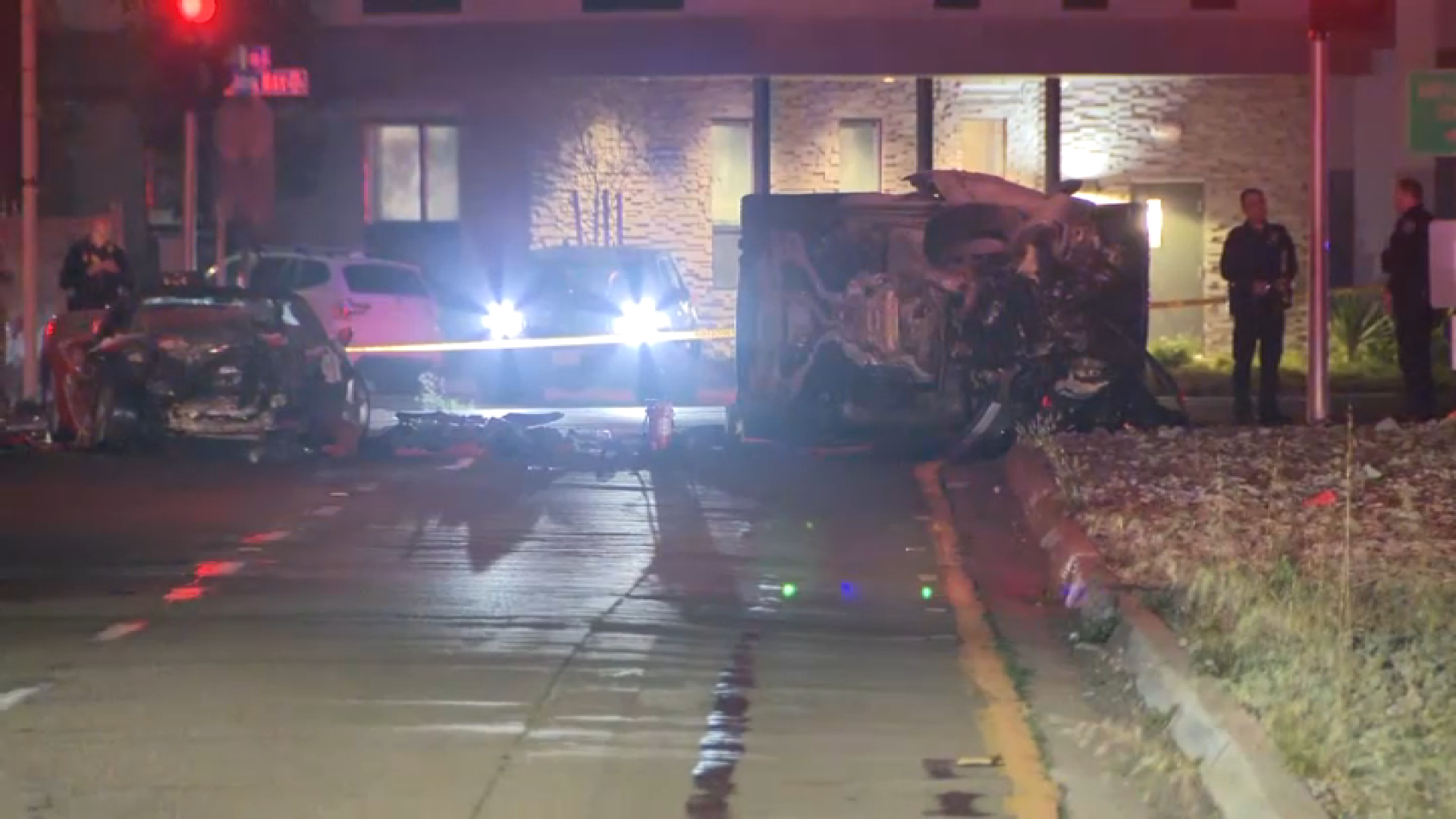California should make it mandatory for convicted drunk drivers to use ignition interlocks, one victim’s mother said Friday in San Diego.
Nina Walker, a board member of Mothers Against Drunk Driving (MADD), lost her 22-year-old daughter in 2001 because of a drunk driver.
"I miss her as much today as the day I found out of her death," Walker said.
Walker, along with MADD National President Colleen Sheehey-Church, and other board members in California, is advocating that state lawmakers pass Senate Bill 1046.
The proposed legislation would require the California Department of Motor Vehicles to install an ignition interlock in vehicles belonging to all convicted drunk drivers in the state.
Currently, in San Diego County courts, installing the device is at the discretion of the judge.
Seventy-five percent of convicted drunk drivers in California ignore the license suspension law, according to Sheehey-Church.
Local
"That is a frightening thought for me and many others," she said.
The ignition interlock is a small device that is connected to the vehicle which costs $2.50 to $3.00 per day. The driver blows into the device which will determine whether it is safe for the driver to operate the vehicle.
In the past six years, the ignition interlock, according to Sheehey-Church, has stopped 1 million attempts to drive under the influence of alcohol.
By requiring the mandatory installation of the ignition interlock to vehicles belonging to all convicted drunk drivers, Sheehey-Church and Walker hope to “eliminate drunk driving once and for all."
With 28 states already using the ignition interlock for all convicted drunk drivers, MADD hopes that California passes this bill to reduce the number of drunk drivers on the road.
Since the passing of her daughter in 2001, Walker has raised her 19-year-old grandson.
Walker’s grandson shares her values “because he’s experienced the loss of his mother first hand."
If the device were around in 2001, Walker said her daughter may be alive today.
"Suspended licenses don't work and the installation of the interlock will prevent them from starting their car after they've been drinking," Walker said.
The bill has already passed the State Senate. It's now up for consideration in the State Assembly.



